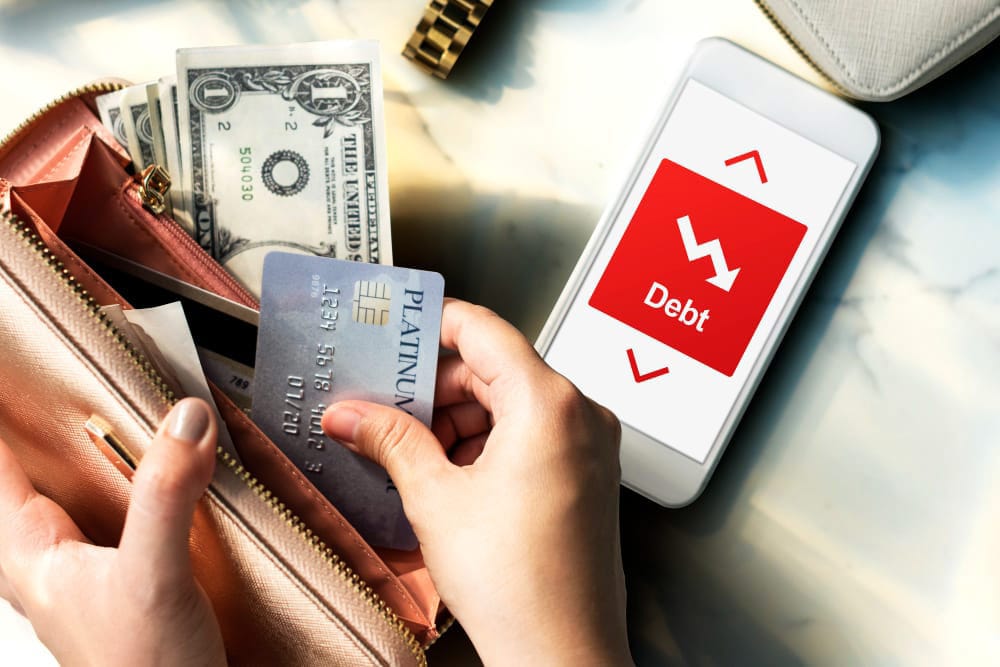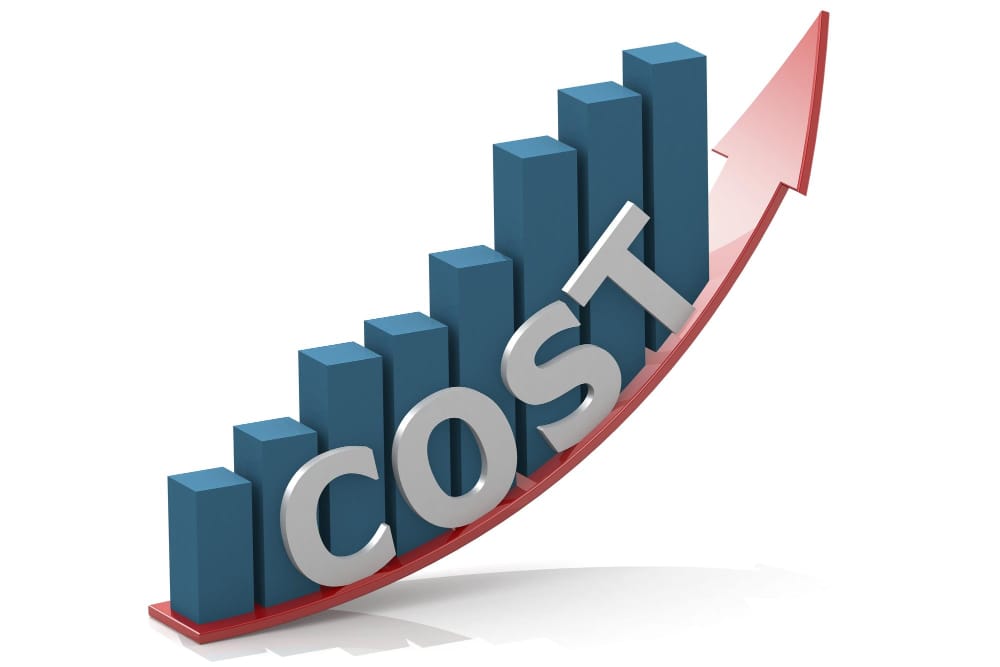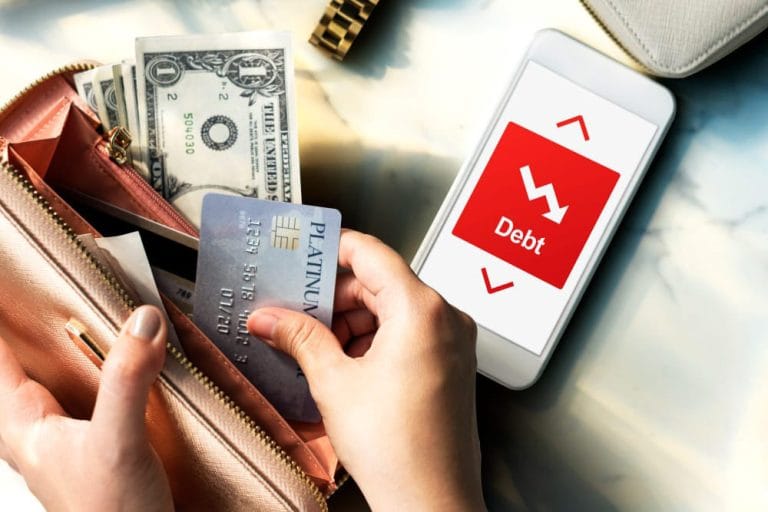Financial challenges are a common source of stress, particularly for young professionals navigating life milestones like paying off student loans, starting careers, and saving for primary goals. The connection between your finances and mental well-being is profound, but here’s the good news. Gaining control over your finances helps your wallet and brings significant psychological rewards.
This guide explores the link between financial control and mental health, offering actionable advice to help you confidently manage your money and feel good about it.
Understanding Financial Stress
Money plays a pivotal role in our lives; without proper management, it can create mental and emotional strain.
How Financial Instability Impacts Mental Health
Financial instability often leads to feelings of stress, anxiety, and even depression. Studies have shown that money concerns are a leading cause of stress among adults, young professionals included. Key contributors include:
- Living paycheck to paycheck
- The burden of debt (student loans, credit cards, etc.)
- Lack of emergency savings
- Pressure to achieve financial milestones like buying a home or starting a family
This cycle can feel overwhelming, but it’s essential to recognize that you’re not alone. Breaking free starts with a plan.
The Vicious Cycle of Financial Stress and Avoidance
Ignoring financial problems may provide temporary relief, but it often exacerbates issues in the long run. For instance, avoiding overdue bills or skipping credit card payments can lead to penalties and growing debt. The key takeaway here is that facing your finances head-on is the first step toward relief.

The Empowerment of Financial Control
Now for the silver lining. Taking control of your finances can have incredible psychological benefits. Here are some positive outcomes of managing your money effectively.
Reduced Stress
The anxiety of “the unknown” diminishes when you know exactly where your money goes. Establishing and sticking to a budget can provide the peace of mind that comes from financial clarity.
Boosted Confidence
Feeling in control of your money builds self-esteem. Each financial goal you achieve, no matter how small, reinforces your ability to take charge of other aspects of your life.
Improved Relationships
Financial instability can affect interpersonal relationships, particularly with significant others. Gaining financial control reduces arguments about money and fosters healthier partnerships rooted in trust and collaboration.
Freedom to Focus on What Matters
When you’re not constantly worried about bills or debt, you free up mental energy to focus on personal growth, professional success, or hobbies that bring you happiness.
Practical Steps to Take Control of Your Finances
Taking control doesn’t happen overnight, but it is achievable with consistent effort. Here are actionable steps to get started.
1. Create a Budget
Budgeting is the foundation of financial control. Tools like Mint, YNAB (You Need A Budget), or a simple spreadsheet can help you track income, spending, and savings.
- Set categories for essentials (rent, utilities, groceries) and non-essentials (entertainment, dining out).
- Monitor your spending weekly to spot areas where adjustments are needed.
2. Set Financial Goals
To stay motivated, define short-term and long-term goals. Examples include building a $1,000 emergency fund, paying off one credit card, or saving for a down payment on a home.
3. Automate Savings
Automating savings makes building wealth easier and less stressful. Set up automatic transfers from your checking account to a savings account every payday. Even $50 a month can add up significantly over time.
4. Address Debt Strategically
For those with student loans or credit card balances, tackling debt strategically is essential.
- Use methods like the snowball (pay off smallest debts first) or avalanche (pay off highest-interest debts first) approach.
- Use apps like Tally to consolidate payments if needed.
5. Build an Emergency Fund
Experts recommend saving 3–6 months’ worth of expenses. While this might sound intimidating, start small. Even $500 in a rainy-day fund can provide relief in unexpected situations.
6. Educate Yourself
Knowledge is power. Read about personal finance or listen to podcasts like The Financial Diet or ChooseFI to expand your understanding of money management techniques.
Real-Life Examples of Financial Transformation
Emma’s Story
Emma, a 29-year-old graphic designer, was overwhelmed by student loan debt and credit card balances. After dedicating herself to a strict budget and following the avalanche method to tackle high-interest debt, she paid off $7,000 in one year. Emma now saves $200 monthly for her dream of traveling to Europe. She reports feeling empowered and optimistic about her future.
Raj’s Journey
Raj, a tech professional facing career uncertainty, started using a budgeting app to better manage his finances. After six months of tracking his spending, he found he could cut unnecessary subscriptions, saving $1,200 annually. This extra cash enabled him to build an emergency fund, easing his anxiety and giving him confidence to explore new job opportunities.
Expert Opinions on Financial Well-Being
Dr. Sarah Jensen
Dr. Jensen, a financial psychologist, states, “Money is one of the largest stressors for young professionals today, but overcoming that stress is less about how much you earn and more about how you manage it. Building a secure financial plan, regardless of income, creates psychological safety that extends to other parts of life.”
Michael Lee, Certified Financial Planner
According to Lee, “People often underestimate the emotional benefits of simple financial habits like creating a budget or automating savings. These strategies provide structure, and structure brings peace of mind.”
Building a Better Tomorrow with Financial Control
Taking control of your finances might feel daunting, but the rewards go beyond your bank balance. Financial stability reduces stress, builds confidence, and allows you to focus on what truly matters in life.
Start small. Create a budget, set a manageable goal, or download a finance app today. Each step brings you closer to the psychological freedom that comes with financial control.
If you’re ready to leap, remember this guide is just the beginning. Learn more, and take charge of your finances now. You’ve got this.






